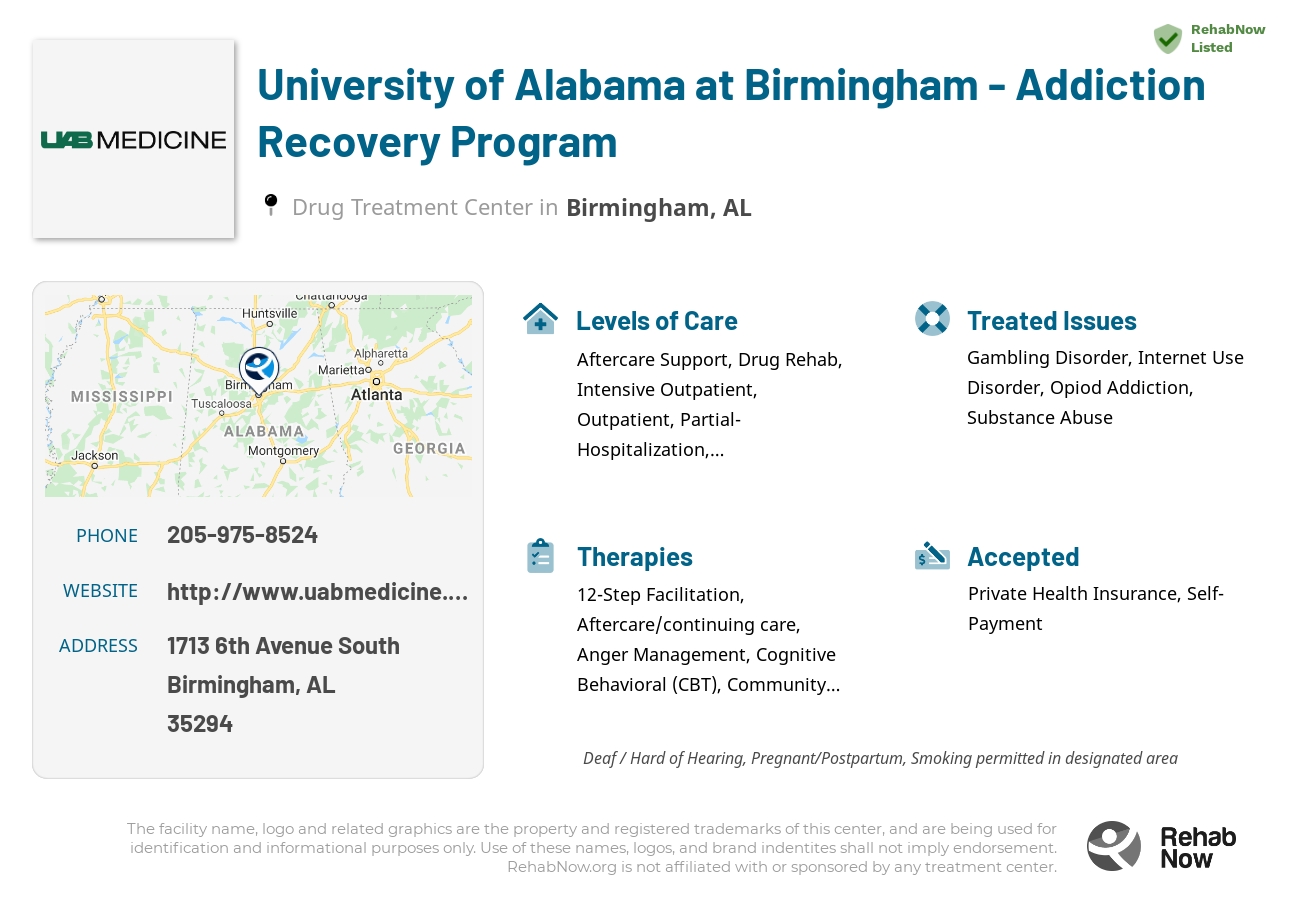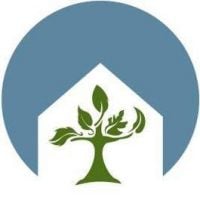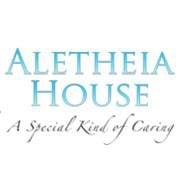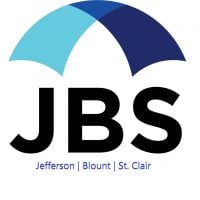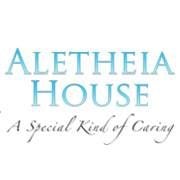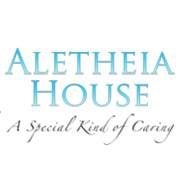University of Alabama at Birmingham - Addiction Recovery Program
Drug Rehab Center in Birmingham, Alabama
The University of Alabama at Birmingham - Addiction Recovery Program offers comprehensive mental health and substance abuse services, with personalized treatment plans and evidence-based practices, including individual and group counseling, medication-assisted treatment, and holistic therapy, as well as educational and relapse prevention classes, and is accredited and licensed by recognized bodies.
About This Birmingham, AL Facility
The University of Alabama at Birmingham - Addiction Recovery Program provides comprehensive mental health and substance abuse services to those in the Birmingham, Alabama area. Their goal is to help individuals recover from addiction, address underlying mental health issues, and move toward a new, healthier, and more fulfilling lifestyle. The facility utilizes evidence-based practices and clinical assessments to develop personalized treatment plans for their clients. This approach allows them to provide a unique, tailored approach to meet the needs of each individual.
The University of Alabama at Birmingham - Addiction Recovery Program offers an array of services to help those struggling with addiction. These include individual and group counseling with experienced clinicians, 12-Step and other evidence-based therapies, medication-assisted treatment, and family and couples counseling. Clients also have access to holistic therapy such as yoga, mindfulness, and art therapy. In addition, they provide educational classes, relapse prevention, and life skills training.
The University of Alabama at Birmingham - Addiction Recovery Program is accredited by The Joint Commission, a nationally recognized accrediting body, and is licensed by the Alabama Department of Mental Health. They also offer a Substance Abuse Professional (SAP) Evaluation Program, designed to help those who have received a DUI/DWI, meet the requirements to be licensed by the National Registry of Certified Medical Examiners as an SAP. The University of Alabama at Birmingham - Addiction Recovery Program is committed to providing the highest quality of care for those who need it most.
Genders
Ages
Modality
Additional
Conditions and Issues Treated
Substance abuse refers to the intensive and inappropriate use of psychoactive substances. These include illegal drugs, alcohol, and even the excessive use of prescription drugs. Overuse of these substances leads to severe physical or psychological dependence.
Substance abuse is treatable and the duration of treatment and most successful sobriety can require weeks or months of professional care at University of Alabama at Birmingham - Addiction Recovery Program in Birmingham.
Opioid addiction treatment facilities like University of Alabama at Birmingham - Addiction Recovery Program support people struggling with opioid dependency, which covers illegal and prescription opioids. People often abuse prescription opioids to get high instead of adhering to a medical provider’s directions. Addiction forces people to crave for opioids impulsively without factoring in the dangers these drugs bring to them.
Most opioid addiction treatment plans include detoxification and subsequent medications to ease the process. However, that’s only the beginning. Behavioral therapies and counseling are also necessary to resolve the root cause of addiction. This overall approach decreases the likelihood of falling off the wagon. In some instances, therapies can be done at home.
Levels of Care Offered
This center offers a variety of custom treatment tailored to individual recovery. Currently available are Aftercare Support, Detox, Drug Rehab, Intensive Outpatient, Outpatient, Partial-Hospitalization, Residential, with additional therapies available as listed below.
Detox is the stage of recovery where the drugs or alcohol are fully removed from your body. As you stop using, your body metabolizes the last dose or drink and starts sending triggers to your brain to get more. These cues lead to cravings. If additional substances are not obtained you begin to go through withdrawal. Your body begins to reset chemical pathways and other metabolic processes begin which can be extremely uncomfortable.
There are two different ways to detox, with medications and without. Depending on your level of addiction and what you are using, you may need medical supervision. For many drugs and alcohol, the acute phase of detox can be completed in a number of days. Cravings and certain longer-term withdrawal symptoms may remain for longer as your body completely rids itself of the drug and relearns how to function without it.
An Intensive Outpatient Program like what’s offered at University of Alabama at Birmingham - Addiction Recovery Program, targets those who need intensive treatment but would rather get it in the comfort of their homes. The treatment programs vary in duration and intensity. They can be tailored to suit the patient’s needs.
Outpatient treatment plans cover diagnosis, detoxification, management, and counseling. They are a popular option for those who have graduated from inpatient facilities. Services in Alabama include medication-assisted treatment (MAT) and individual and group therapy.
A partial hospitalization program offered by University of Alabama at Birmingham - Addiction Recovery Program is appropriate for patients in and nearby Birmingham, AL that present acute symptoms of addiction. It’s similar to intensive rehab but runs much shorter because the patients don’t need 24-hour monitoring. Partial hospitalizations generally have more freedom when it comes to family visits.
Residential treatment programs are those that offer housing and meals in addition to substance abuse treatment. Rehab facilities that offer residential treatment allow patients to focus solely on recovery, in an environment totally separate from their lives. Some rehab centers specialize in short-term residential treatment (a few days to a week or two), while others solely provide treatment on a long-term basis (several weeks to months). Some offer both, and tailor treatment to the patient’s individual requirements.
Aftercare support plays an important role when sustaining a patient’s full recovery at University of Alabama at Birmingham - Addiction Recovery Program. Patients also receive assistance in making living arrangements in halfway houses. Career counseling is available for those who want a fresh start. There are also local community programs in Birmingham, AL such as Alcoholics Anonymous.
University of Alabama at Birmingham - Addiction Recovery Program‘s Therapies & Programs
Couples therapy reduces the dysfunctional behavior in a relationship that may cause addiction. It can help one or both members of the couple. It targets addiction and it can make for a healthier relationship.
Patients who receive generous support from their loved ones have better chances of completing their recovery. Genetics play a role when it comes to addiction, so it’s better to approach the problem as a unit. Family members can help an individual avoid addiction triggers and guide him or her in making lifestyle changes.
Group therapy is a type of counseling at University of Alabama at Birmingham - Addiction Recovery Program in Birmingham, AL that occurs between a bunch of strangers. The goal of group therapy sessions is to foster hope and a sense of belonging. It also helps to have people who can relate to what you’re going through. Good behaviors can also be contagious.
As a means of managing pain that has plagued them in the past, many individuals turn to drugs and alcohol. Assault, negligence, the loss of a loved one, and other unfortunate events may involve trauma. This treatment, offered and administrated by University of Alabama at Birmingham - Addiction Recovery Program in Birmingham, AL provides individuals the resources to cope with past traumas healthily.
Dialectical behavioral therapy focuses on eliminating negative thoughts such as suicidal thoughts. It is useful in the treatment of patients with uncontrollable emotions. The term “dialectic” means the integration of opposites. In the substance abuse context, DBT refers to accepting the patient’s addiction.
Rational Emotional Behavior Therapy (REBT) has short term results for addicts. University of Alabama at Birmingham - Addiction Recovery Program gives patients the tools to deal with their emotions using a method called ‘rational self-counseling’. It aims to help them move forward with their lives without having to deal with ongoing therapy.
Alcoholics Anonymous is the original 12-Step program that established the model that other 12-Step programs, like Narcotics Anonymous, follow. 12-Step programs are support groups that are led and run by members of each group. These groups use the “Big Book,” which contains the 12-Step philosophy of recovery and ongoing abstinence from drugs or alcohol.
Contingency Management (CM) is based on the principle that consequences influence the behaviors of an individual. It promotes desired behavior by giving rewards while discouraging unwanted behaviors. CM is used for individuals who need therapy for more than 3 months. It has the advantage of being implemented by family members.
Payment Options Accepted
For specific insurance or payment methods please contact us.
Is your insurance accepted?
Ask an expert, call (888) 674-0062
University of Alabama Associated Centers
Discover treatment facilities under the same provider.
- UAB Addiction Recovery Program in Birmingham, AL
- UAB Center for Psychiatric Medicine in Birmingham, AL
- University of Alabama at Birmingham - Beacon Addiction Treatment Center in Birmingham, AL
- University of Alabama at Birmingham - Addiction Treatment in Birmingham, AL
- UAB Hospital - Psychiatric Medicine in Birmingham, AL
Learn More About University of Alabama Centers
Additional Details
Specifics, location, and helpful extra information.
Birmingham, Alabama 35294 Phone Number(205) 975-8524 Meta DetailsUpdated November 25, 2023
Staff Verified
What else do people call University of Alabama at Birmingham – Addiction Recovery Program?
People have occasionally also searched for “University of Alabama at Birmingham Addiction Recovery Program in Alabama”
Patient Reviews
There are no reviews yet. Be the first one to write one.
Birmingham, Alabama Addiction Information
Opioids, such as heroin, fentanyl, and prescription opioids are related to more than half of all drug-related overdoses in Alabama. Alcohol is the most frequently used substance in Alabama; 85,000 Alabamians use cocaine every single year. In Alabama, there are four times as many vehicle crashes involving alcohol as there are normal vehicle crashes.
Birmingham, Alabama has a moderate level of drug addiction and abuse problems. 15.8% of people in Birmingham, Alabama abuse drugs, while 9.8% of people in Birmingham, Alabama are addicted to drugs. In 2015, there were 648 drug-related arrests in Birmingham. The most common age group for drug-related arrests is 21-25 years old. Most rehab facilities will offer a variety of therapies and treatments to help patients overcome their addictions.
Treatment in Nearby Cities
- Oneonta, AL (36.1 mi.)
- Robertsdale, AL (210.9 mi.)
- Birmingham, AL (1.0 mi.)
- Ozark, AL (157.0 mi.)
- Moulton, AL (73.1 mi.)
Centers near University of Alabama at Birmingham - Addiction Recovery Program
The facility name, logo and brand are the property and registered trademarks of University of Alabama at Birmingham - Addiction Recovery Program, and are being used for identification and informational purposes only. Use of these names, logos and brands shall not imply endorsement. RehabNow.org is not affiliated with or sponsored by University of Alabama at Birmingham - Addiction Recovery Program.


